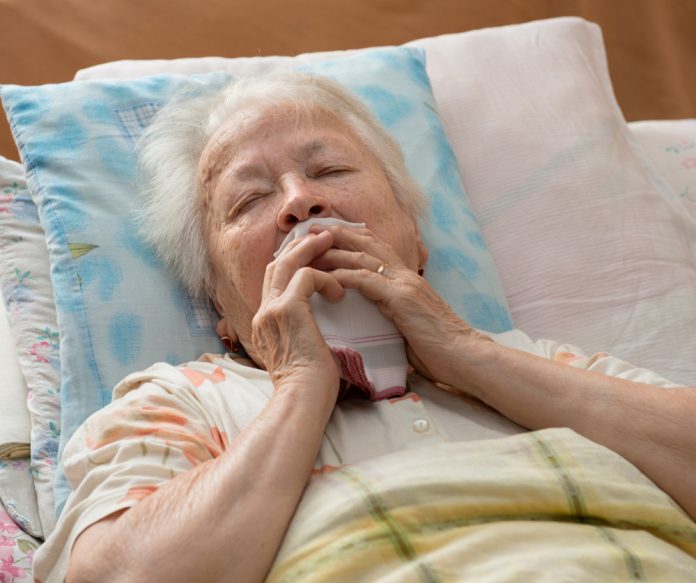A study conducted by Bolton Clarke’s Head of Research, Professor Judy Lowthian, and Palliative Care Nurse Practitioner, Leanne Davey, has highlighted the significance of enhancing palliative care in home settings. The 15-month project, “Enhancing Palliative Care at Home,” involved empowering generalist home care nurses with additional palliative care knowledge and support from a specialist clinical nurse practitioner. This initiative aimed to address barriers to delivering palliative care in the home environment.
The study recognised that many Australians wish to receive palliative care in their homes but face challenges in achieving this due to the lack of confidence and knowledge among home care nurses. The long-term relationships between care staff, clients, and carers were acknowledged as a strength of generalist home care providers, allowing for open and sensitive discussions alongside clinical care.
The role of the nurse practitioner was to facilitate evidence-based generalist palliative care, build staff capacity, and offer expert support and consultation. Findings from the study stressed the importance of tailored education, effective communication, mutual respect, and an understanding of the unique nature of home nursing care, which is complex, relationship-based, and diverse.
The project also stressed the need to combat the stigma and negative perceptions surrounding palliative care and death. Advocating for palliative care as a natural and essential part of the care journey was emphasised, with the goal of reducing undesired hospital admissions and enabling individuals to spend their final moments in their preferred place of care. The study concluded that tailored investment in home care, including specialist training within generalist organisations, is necessary to provide comprehensive palliative care that suits the diverse needs of the workforce and clients.
This project was funded by the Eastern Melbourne Primary Health Network as part of the
Commonwealth Government’s Core Flexible and After-Hours funding in 2019. To read more
about the study, published in the Australian Journal of Advanced Nursing click here.










